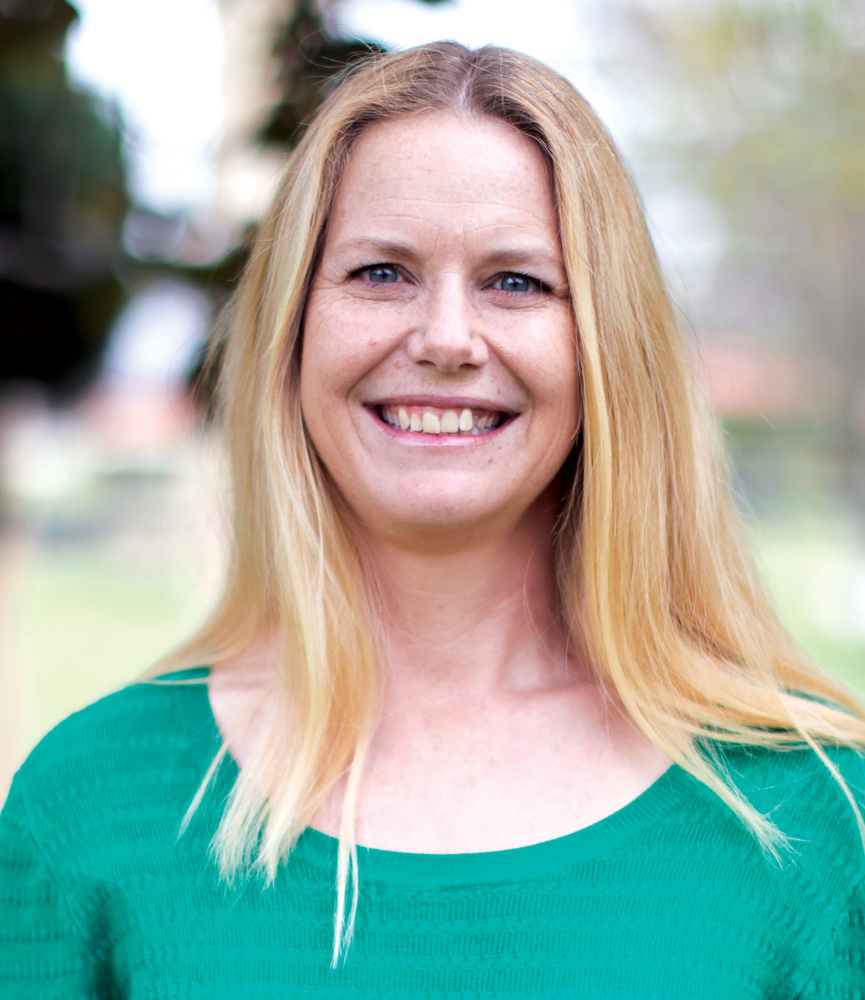Obesity is a chronic, relapsing condition requiring ongoing self-management and support. People living with obesity need empathy, not judgment. They need recognition that the root cause of obesity is more complex than energy in versus energy out and that weight management is challenging in our obesogenic environment. They need a supportive team offering multiple options for medical nutrition therapy and the opportunity to be guided through these options to determine the best fit.

Very Low-Calorie Diets (VLCD) are a medical nutrition therapy option that can be offered to consumers. Unfortunately, when VLCD products changed classification from medicine to food, the regulations requiring medical supervision and dietetic support were lost.
We have all witnessed the outcomes of people ‘going it alone’ with the latest VLCD fad, often with limited success. This has led to a healthy level of skepticism around the effectiveness of VLCD.
Diabetes WA has been monitoring the recent resurgence in use of VLCD with interest, observing their potential effectiveness in research trials focusing on remission in type 2 diabetes. These trials have demonstrated that there is a role for VLCD (as total meal replacement) for some people, with intensive dietetic support integral to these study outcomes.
Over a decade ago, Diabetes WA made a deliberate, strategic shift to commit to person-centred care. All programs and services invested in and developed align with this philosophy and the behavioural theories and empowerment approach enabling health professionals to translate this into practice.
This empowerment approach focuses on the behaviour of the health professional and quality of their interactions with individuals. It reduces the burden on health professionals having to provide external motivation and try to ‘make’ people change.
Proof of Concept
Funded by Health Networks and WAPHA, the ‘Supported Weight Management Program’ was a ‘real world’ proof of concept using VLCD as Total Meal Replacement (TMR) and led by dietitians and exercise physiologists trained and accredited in this empowerment approach. Implemented in partnership with three general practices, all appointments were conducted via telehealth from Diabetes WA.
GPs and practice staff met with Diabetes WA prior to the intervention to ensure that roles were defined, to clarify referral criteria and build confidence in the proposed model of care and approach. Endocrinologists from Fiona Stanley Hospital provided an update on medication management during VLCD for those with co-morbidities.
Consumers involved in the intervention design indicated that it was critical for all health professionals involved to listen to their personal weight stories without judgment, seek insight into what people have experienced to date, and view previous attempts as learning experiences, not failures. Building this rapport and trust with people would improve their experience and increase engagement with the service.
Lessons Learned
As expected, people lost weight rapidly, maintaining this loss at six months. More surprising were the ease of recruitment, low attrition rate (15%), high engagement with telehealth and quality of life improvements.
An unexpected benefit to VLCD (when used as TMR) was the reduced ‘food decision making’ burden reported by individuals. With hunger controlled, people become acutely aware of other triggers for eating and ingrained eating habits. This awareness provided the opportunity to explore their relationship with food and consider areas for change, building confidence as people moved into the food reintroduction phase.
Rather than a prescribed food reintroduction regime, individuals were guided to plan their own dietary intake, specific to their needs and what they could realistically sustain based on previous experiences. This approach encouraged mastering of dietary planning and a continuous improvement mindset.
Those with pre-existing comorbidities (42%) were more clinically and psychosocially complex and required medication management and significant clinical care coordination. This provided great insights into the risks for people living with obesity using VLCD without support and reinforced the need for models of care that provide access to dietitians working collaboratively with general practice.
Key messages
- VLCDs have value as a medical nutrition therapy option for people living with obesity, where there is a strong partnership and agreed model of care between dietitian, GP and practice nurse
- Quality conversations about weight and an empowerment approach are key to keeping individuals engaged and supported for long-term weight maintenance after VLCD
- Individuals with pre-existing conditions require medical management during VLCD and should be discouraged from ‘going it alone’ without multidisciplinary support.
ED: Sophie McGough is general manager Innovation and Growth at Diabetes WA
Author competing interests – nil

